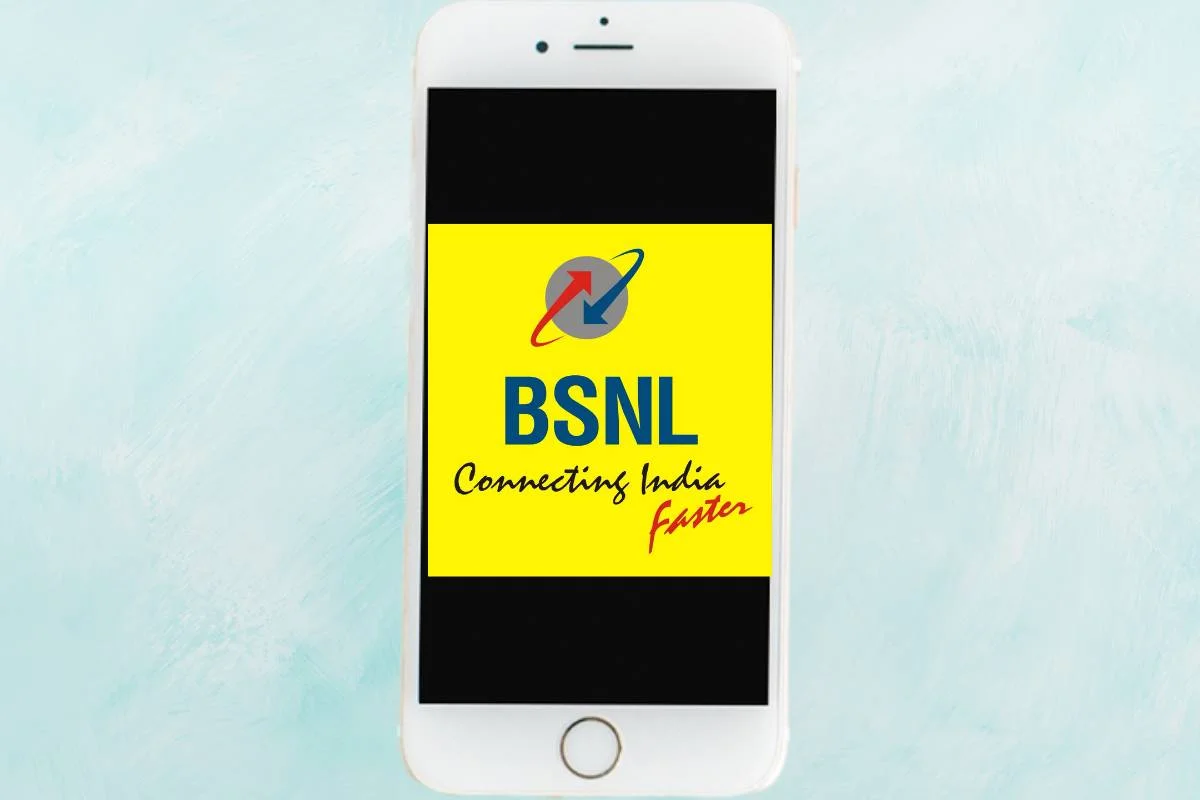
Bharat Sanchar Nigam Limited (BSNL) has been delaying the launch of its 4G networks for as long as one can remember. Without going into the details of why the 4G launch is being delayed, let's talk about what will happen once the state-run telco's 4G is launched. Let's assume if there are no further delays, BSNL can start deploying homegrown 4G by the end of this year. If that happens, BSNL can potentially cover most of the nation with its 4G in the next two years (approx by 2025 end).
But by that time, users would have started shifting to paid 5G services. 5G is the future, there is no doubt about that. The important question here is by when 4G will not be a significant technology for Indians. Nokia said that Indians would start shifting to 5G in a major way from July 2023. Ericsson said that 4G will reach its peak numbers in 2024 in India. Post that, 4G subscriptions would start declining.
Read More - 5G Set to Go Big in India
This is very important to understand. Ericsson predicts that by 2028, 5G subscriptions will be more than 4G in India. So we are talking about the decline of 4G in the short-term, and in the medium-term, 5G would be overtaking 4G. Thus, even if BSNL is able to build a nationwide network coverage of its homegrown 4G by the end of 2025 or early 2026 (if there are no further delays), it is not going to matter much.
Why BSNL's 4G Won't Make a Large Difference
An important factor that would be playing against BSNL here would be the competition it gets from private companies. Indians would ultimately choose to consume 4G from the private telcos over BSNL's services. This would happen because of several reasons, including the service quality that private telos provide along with the ecosystem apps that users get to access when they purchase services from private companies.
In addition, the 4G consumers of the private telcos would be able to upgrade to 5G at wish. But the same might not be possible with BSNL as the state-run telco isn't likely going to be able to roll out 5G nationwide in short to medium term. These would just be a few of the reasons why BSNL might not see a great uptake of its 4G services.
Read More - BSNL and MTNL Merger, is it Necessary
The delays have eaten up BSNL's chances to see any shred of success. One thing that BSNL is at least doing right here is that it is trying to build homegrown 4G. The technology would definitely have some merit. If, by any luck, BSNL's 4G is a success, it would be good for the entire nation. The industry would become more diverse, and finally, the private telcos would have additional competition. But the way things have unfolded in the past, it is unlikely that BSNL is going to be a major difference maker.
The only thing that can remotely ensure BSNL's success or turnaround from this awful situation is its capability of how fast it can upgrade to 5G. BSNL need not look at only the mobile consumers with 5G. Enterprise business is a big opportunity that can be very fruitful when 5G is concerned. BSNL would have an added advantage over the other telcos by using homegrown technology that is safe and secure.















